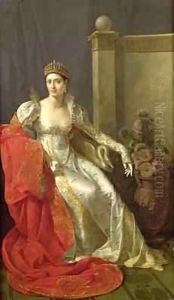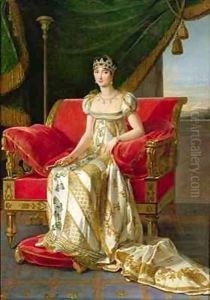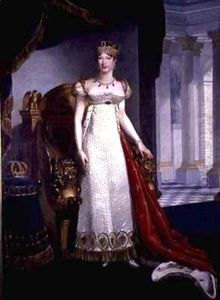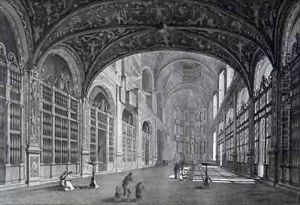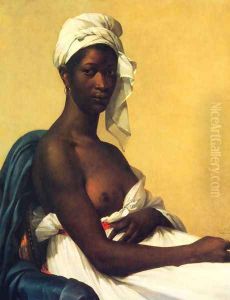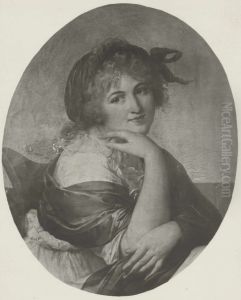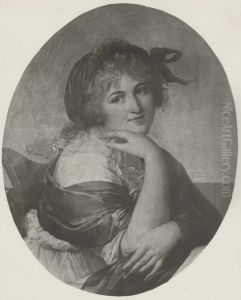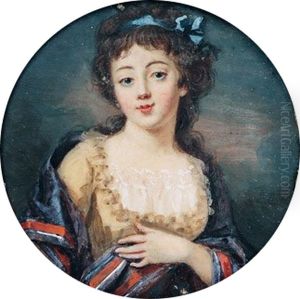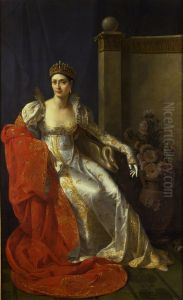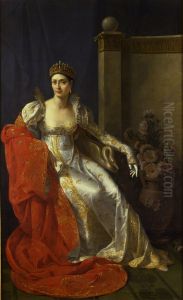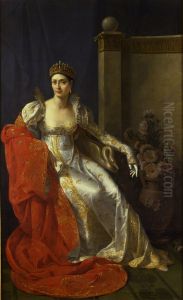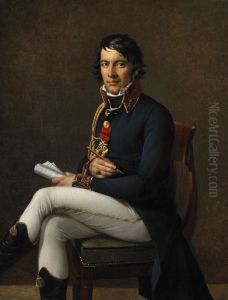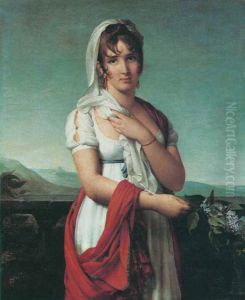Marie-Guillemine Benoist Paintings
Marie-Guillemine Benoist was a prominent French painter born on December 18, 1768, in Paris, France. Her early life was marked by the rich cultural atmosphere of Paris, which was teeming with artistic ferment and revolutionary ideas. Benoist's talent in painting emerged early, and she sought instruction in the arts, studying under esteemed artists of her time, including Élisabeth Vigée Le Brun and Jacques-Louis David. Under their guidance, she honed her skills in the neoclassical style, which was predominant during that period. Her education was not only limited to painting but extended to music and literature, reflecting the broad educational ideals of the Enlightenment.
During the late 18th and early 19th centuries, Benoist established herself as a skilled portraitist and genre painter. Her work was characterized by its delicate sensibility, attention to detail, and nuanced portrayal of her subjects. One of her most famous works is "Portrait d'une négresse" (Portrait of a Black Woman), painted in 1800, six years after the French National Convention had abolished slavery in the French colonies. This painting is particularly noted for its powerful depiction of a black woman in a dignified and serene manner, a rare subject in European art of the time, which made a significant statement on the themes of freedom, race, and gender.
Benoist's career was also impacted by the political upheavals of her time, including the French Revolution and the Napoleonic Wars. Despite the challenges posed by the political and social turmoil of her era, she managed to maintain a successful artistic career, receiving commissions from prominent figures and exhibiting her works at the Paris Salon on several occasions. Her marriage to Pierre-Vincent Benoist in 1793 connected her with a family of lawyers and civil servants, further stabilizing her position in society.
After the fall of Napoleon, Benoist's artistic output declined, and she increasingly turned towards domestic life and raising her six children. Despite this shift away from the public eye, her contributions to art continued to be recognized by her contemporaries. Marie-Guillemine Benoist died on October 8, 1826, in Paris. Today, she is remembered as a pioneering woman artist who navigated the complexities of her time with resilience and creativity, leaving behind a legacy that continues to inspire discussions on gender, race, and the power of art to challenge societal norms.
